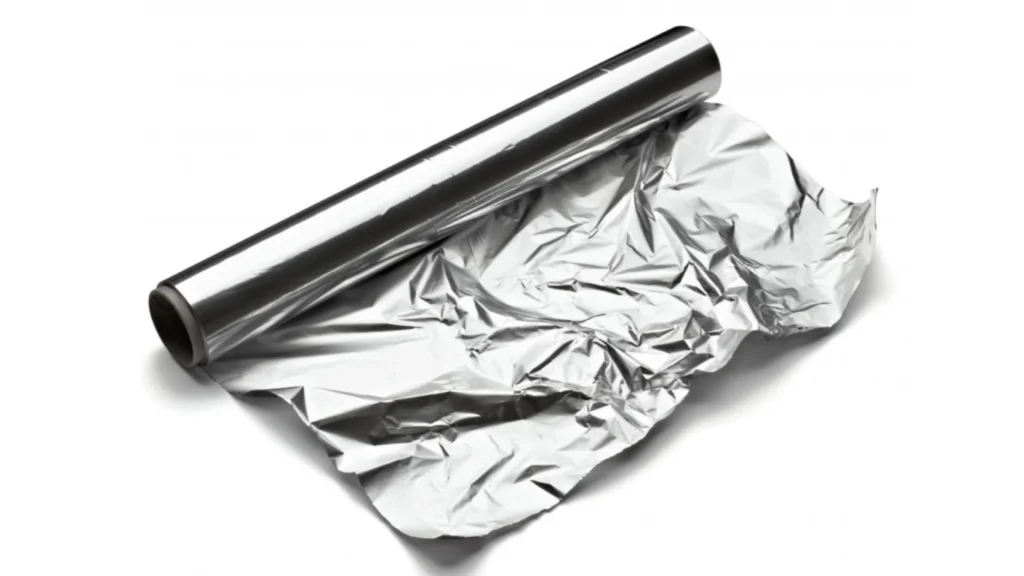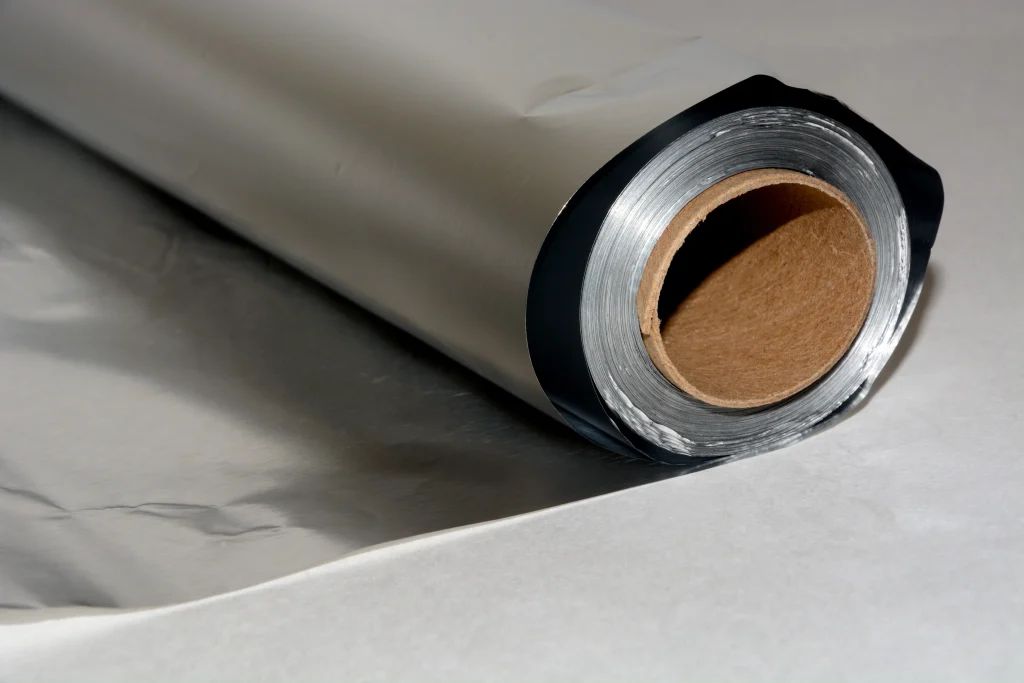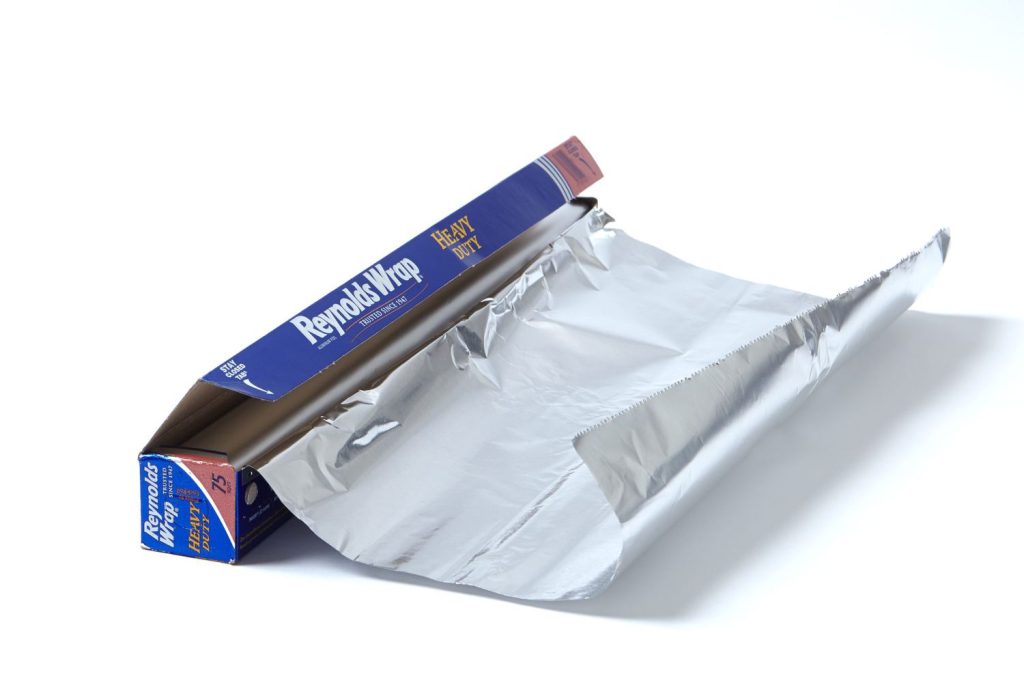Are you a fan of using aluminum foil in your cooking? If so, you might be wondering whether it’s truly safe. Let’s take a closer look at the facts surrounding aluminum foil and its potential risks, particularly when it comes to cooking. Although aluminum foil is widely used in the kitchen, there are some important points to consider for your health.

The Potential Risks of Aluminum Exposure
Aluminum is a metal that has been a topic of concern in relation to various health issues, but it’s essential to distinguish fact from fear. There have been some studies exploring the possibility that long-term exposure to high levels of aluminum could have negative effects, particularly on the brain. While some research has suggested a potential link between aluminum accumulation and neurodegenerative diseases like Alzheimer’s, there is currently no conclusive scientific evidence to confirm that using aluminum foil in cooking leads to these health issues.
The amounts of aluminum that may leach into food when cooking with foil are generally considered to be very small and within safe limits as per most health guidelines. The World Health Organization (WHO) has established that the amount of aluminum we are exposed to through food (including through cooking with aluminum foil) is well below the safe intake level.
Impact on Bone Health
Concerns have been raised about aluminum replacing calcium in bones, but this is not a realistic concern with everyday aluminum foil use. While excessive and prolonged exposure to high levels of aluminum (usually from industrial sources) may potentially affect bone health, the typical use of aluminum foil in cooking doesn’t contribute to significant levels of aluminum intake.
Respiratory Risks

The article mentioned potential harm to the lungs from inhaling aluminum particles or grilling food with aluminum foil. While it is true that inhaling high levels of aluminum dust (in industrial environments) can cause respiratory issues, the risk from cooking with aluminum foil is extremely low. Cooking with aluminum foil in a typical home kitchen setting does not present a risk for respiratory problems like pulmonary fibrosis.
Chemical Leaching from Aluminum Foil

It is true that cooking with aluminum foil, especially at high temperatures, can lead to some leaching of aluminum into food. This effect can be more pronounced when cooking acidic foods like tomatoes or citrus fruits. However, the levels of aluminum that leach from foil are still very small and unlikely to pose significant health risks. For comparison, many other food packaging materials and cookware may also release trace amounts of chemicals when exposed to heat, but the health risks are minimal when used properly.
Research on Aluminum Exposure
One study by Dr. Essam Zubaidy mentioned in the article suggested that a dish cooked with aluminum foil could contain up to 400mg of aluminum. While this may sound alarming, it’s important to note that the actual exposure from using aluminum foil in cooking is still within the safety limits set by health organizations. The WHO recommends not exceeding 60mg of aluminum intake per day from all sources, and typical exposure from foil is well below that threshold.
Safer Alternatives for Cooking
If you are still concerned about using aluminum foil, there are alternatives that you can consider. For example, parchment paper or glass containers can be used for baking and cooking, offering a safer and more environmentally friendly option. These materials do not carry the same potential for chemical leaching and provide a non-toxic alternative for your cooking needs.
Conclusion

In conclusion, while it is true that aluminum foil can leach small amounts of aluminum into food when exposed to high heat, the levels are generally considered safe by health organizations. There is no conclusive evidence that using aluminum foil in cooking leads to serious health issues like Alzheimer’s disease, bone problems, or respiratory diseases. However, if you’re still concerned about potential risks, consider switching to alternative materials like parchment paper or glass containers. Being informed about the facts and making choices based on scientific evidence can help you maintain a healthy lifestyle without unnecessary worry.

